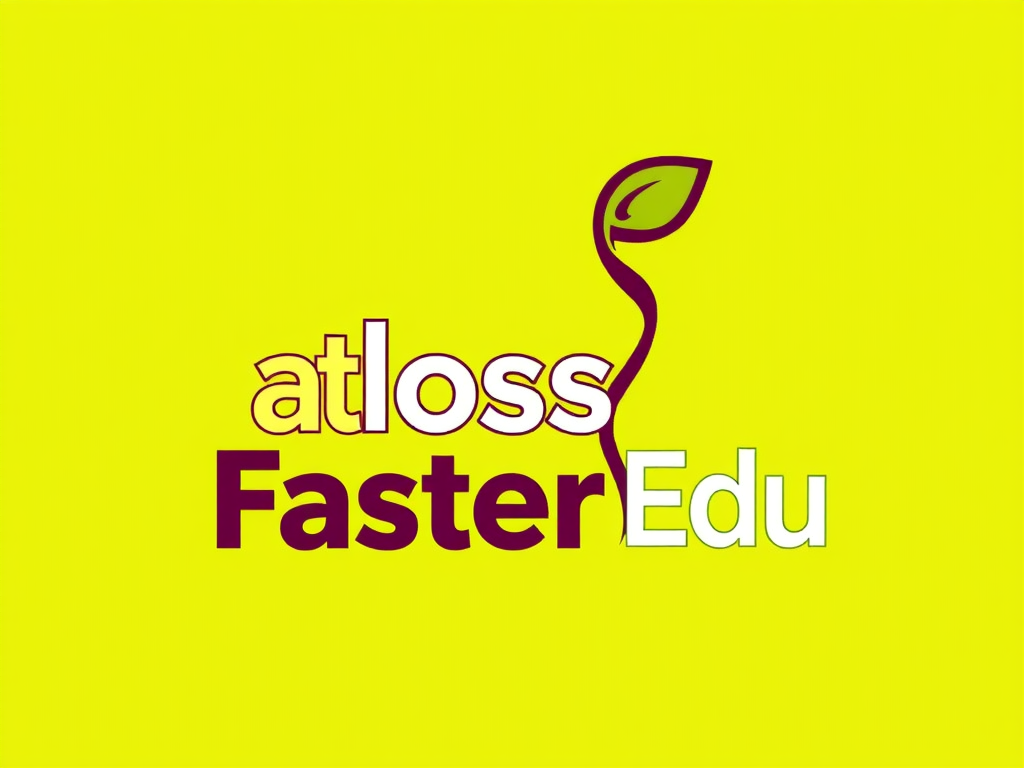The Connection Between Community Sports and Mental Well-Being
Engaging in community sports is not just about physical fitness; it’s a gateway to significant mental health benefits. Participating in sports has been shown to improve mood and reduce anxiety through the release of endorphins—often referred to as “happy hormones”. Regular involvement in community sports can significantly decrease stress levels, providing a natural outlet for tension and negative emotions. Studies have shown that individuals who partake in community-based physical activities experience lower rates of depression and anxiety, reflecting a substantial improvement in overall well-being.
Moreover, the social interaction inherent in community sports fosters mental resilience. Building relationships and forming bonds with team members through shared goals and victories enhances one’s social network, promoting a sense of belonging and community. Such interactions have been linked to increased self-esteem and confidence, vital components of mental health. As statistics indicate, those engaged in community sports are often happier and more content, illustrating how essential these activities can be for bolstering mental health. Therefore, the interplay between physical activity and mental wellness is profound, reinforcing the value of community sports.
This might interest you : Unlock Your Potential: How Digital Detox Boosts Mental Health and Work Productivity
Psychological Benefits of Physical Activity
Engaging in regular physical activity is crucial for harnessing psychological benefits and fostering significant mental health improvement. Studies highlight that exercise acts as a natural stress reliever by encouraging the brain to release endorphins, chemicals that are pivotal in promoting happiness and reducing anxiety. These “feel-good” hormones are efficient in mitigating stress levels, providing an inward sense of calmness and stability.
Stress Reduction
Exercise is immensely effective in alleviating stress. Through physical exertion, individuals can experience a prominent decline in anxiety, owing to the surge of endorphins. Case studies consistently demonstrate that participants engaging in community sports feel reduced tension and a more balanced emotional state. Such evidence underscores the profound impact that consistent workout routines can have on overall mental well-being.
Topic to read : Unveiling Overtraining: Essential Signs and Tactics for Athletes to Avoid Burnout
Enhanced Cognitive Function
Besides alleviating stress, sports also enrich cognitive performance. Physical activity boosts focus and memory skills, creating a symbiotic relationship between mind and body. Expert opinions suggest targeted community sports initiatives can significantly enhance brain function. As participants commit to regular activity, they notice improvements in concentration and cognitive capability, essential factors for daily life and learning opportunities.
Increased Self-Esteem and Confidence
Participating in community sports can significantly boost self-esteem and confidence. Engaging in physical activities allows individuals to achieve personal goals, fostering a sense of achievement and pride. For instance, mastering a new skill or improving performance in sports can lead to increased self-worth. This, in turn, strengthens mental resilience and promotes a positive self-image.
Personal anecdotes from athletes highlight this journey. Many participants recount how involvement in sports has transformed their perception of themselves, enabling them to face challenges with confidence. Joining a community sports team can provide a supportive environment where individuals feel recognised and valued, crucial for building self-assurance.
Statistical insights further reveal that active participation in sports correlates with higher levels of self-esteem. A notable study demonstrated that those regularly engaged in team sports reported greater confidence in personal and professional settings. Community sports offer an accessible avenue for individuals to enhance both their physical and mental attributes, contributing to an overarching sense of well-being. In essence, the confidence derived from sports participation extends beyond the field, impacting various life aspects.
The Role of Social Interaction in Sports
Participating in community sports goes beyond the obvious physical benefits; it plays a vital role in fostering social interaction. Engaging in team sports creates a fertile ground for building meaningful relationships. Such connections, fostered through shared goals and experiences, can significantly bolster one’s mental health. Having a reliable support network has been linked to enhanced mental resilience and well-being.
Shared experiences in sports are crucial for developing these support networks. When individuals work together to overcome challenges and celebrate victories, they forge bonds that extend beyond the playing field. These interactions foster a sense of belonging and community, which are essential components of mental health improvement.
Data consistently supports the correlation between strong social support and mental health. Participants who engage in community sports report feeling more connected and supported by their peers. This social engagement not only increases happiness but also provides a buffer against stress and anxiety. Embracing the communal aspect of sports allows for a more profound connection with others, directly contributing to a healthier mental state.
Practical Tips for Getting Involved in Community Sports
Participating in community sports offers numerous mental health benefits. However, taking the first step often requires overcoming hurdles. To start, finding local opportunities is key. Researching community sports programs can be done through local community centres or online platforms. These resources often provide extensive lists of available sports, ranging from team-based games to individual pursuits.
Finding Local Opportunities
Connecting with local sports groups and clubs is crucial. Attend community events to meet new people and learn about different sports activities. Virtual platforms are another great way to get involved, offering online meetups and forums where enthusiasts can exchange tips and information about community sports.
Overcoming Barriers to Participation
Anxiety and fear of joining new activities can be significant barriers. To tackle these, start with low-pressure environments or beginner-focused sessions. Many find sharing their experiences on social media or in local community groups helps build confidence, as support often comes from unexpected places.
Encouraging Others to Join
Motivating friends and family enhances participation as communal efforts boost morale and support networks. Highlighting benefits such as enhanced mental health and a stronger sense of community can be persuasive reasons to encourage collective participation.







